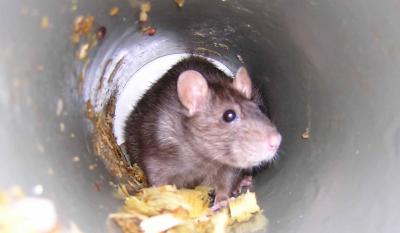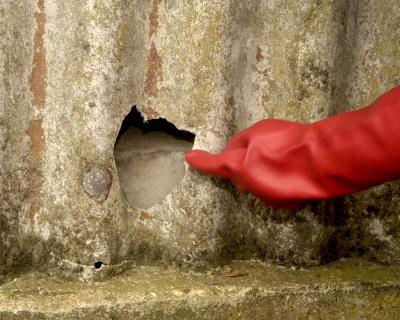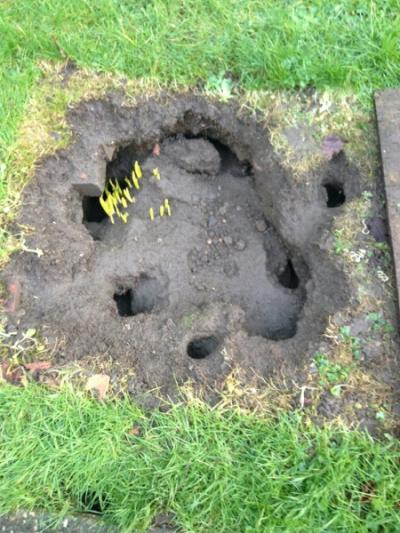Croydon-based Cleankill Pest Control is advising homeowners to adopt its seven simple steps to avoid rodent infestations this winter.
As the nights draw in, and food and warmth become scarcer, rats and mice will begin to view our centrally heated homes as desirable nesting sites for the winter months. Cleankill is now reporting an increase in rodent infestations at both business premises and households and is taking the opportunity to advise customers on the best ways to avoid an invasion.
Managing Director, Paul Bates, says: “As Autumn moves into Winter, we always see this upturn in the number of call-outs for rodents. Once rats or mice are in your home, it can be difficult to remove them.. As a pest control company that cares about the environment, we would like to see people adopting our seven simple steps to a rodent-free house. Prevention is always better than cure and all these simple steps really require is a change of attitude from homeowners.”
- Make sure food is stored in sealed containers to stop rodents getting a free meal. It will often be the prospect of an easy meal that first encourages rats and mice into your home
- Take care with bird feeders. We all like to feed the birds but they can be an easy source of food for rodents. We advise minimising the amount of residue that is left after the birds have fed
- Good bin management. Make sure all discarded food is put in bags inside durable bins with lids
- Gardens are a good source of food and nesting materials. Make sure they are clean and tidy with grass cuttings being bagged and removed. A working compost heap will create warmth and provide food, so make sure it is covered, away from the house and that it stays rodent-free
- Rats are climbers. People often forget how good rodents are at climbing. Make sure foliage, such as ivy and wisteria, is kept away from the walls of the house, or at least does not reach the roof line, as they will use it as a highway to the safety of the attic
- Remove sources of water. During winter this may be difficult but a rat needs 60 millilitres of water a day. If sources of standing water are removed from the garden, this will encourage them to leave your property
- Check access. A mouse can get in through a gap the width of a pencil and a rat needs no more than a two-centimetre hole, so check air bricks and gaps around windows and doors to be sure they are protected. In addition, drains should have interceptors fitted to stop their use as routes into the house
Keeping your home free from rats and mice during the winter months can be difficult. With these seven simple steps, homeowners can make their properties less appealing to rodents, resulting in them being less desirable as winter residences.
If you find you have an infestation, however, Paul advises against DIY pest control: “DIY pest control can be ineffective and actually harmful as we are seeing an increasing tolerance to rodenticides. A professional pest controller will target treatments effectively, using a combination of poison and traditional traps along with proofing your property to block any entry points. This will help remove the problem, while keeping your family and pets safe.”
He adds one more note of caution: “If you suspect you have an infestation, don’t delay. Rat colonies can grow at an alarming rate and, where you may have thought you were only sharing with one or two rats, you’ll soon find you are sharing with a very large family.”
Cleankill Pest Control started in 1995 and is a specialist provider of pest control services to retail, commercial and industrial properties throughout the UK. The company deals with ‘distress’ pests such as wasps and fleas, as well as preventative maintenance against public health pests such as mice and rats. Cleankill Pest Control can also clear and proof buildings against pest birds. The company prides itself on fast and efficient service delivery and aims to be recognised as a market leader for innovation and new pest control techniques. For further information go to www.cleankill.co.uk or call 0800 056 5477.


